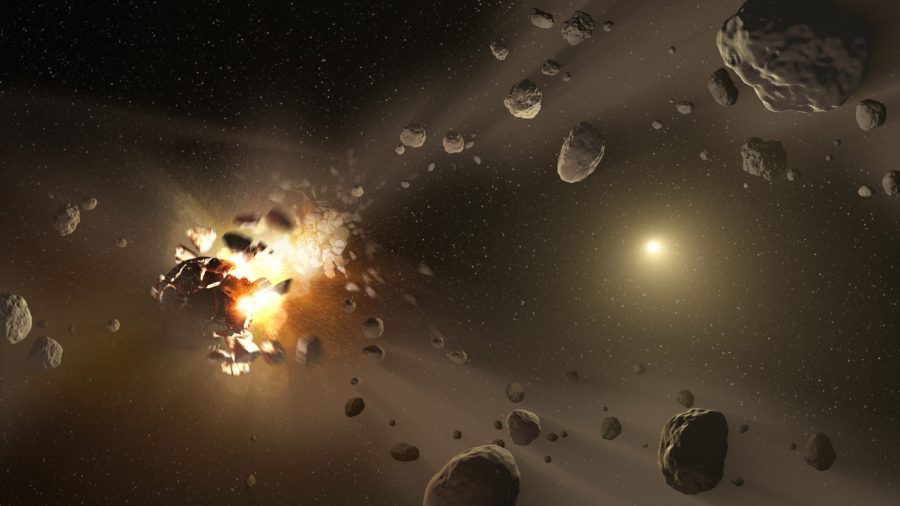“The NASA administrator is here to say that this event was not unique, in fact, it is an event that we model, will occur about once every 60 years,” said Jim Bridenstine, NASA administrator, Space.com reported.
Bridenstine raised the importance of using science to prevent future damage caused by asteroids at the International Acadamy of Astronautics’ 2019 Planetary Defense Conference in Maryland on April 29.
NASA head: Expect a major asteroid impact in your lifetime https://t.co/6UYcJ0JgDV pic.twitter.com/zXJ3JBGh4h
— CNET (@CNET) April 30, 2019
“We have to make sure that people understand that this is not about Hollywood, it’s not about movies,” he said. “This is about ultimately protecting the only planet we know right now to host life, and that is the planet Earth.”
To establish the seriousness of the situation, he cited a meteor that entered the Earth’s atmosphere above the Russian city of Chelyabinsk in 2013.
Bridenstine explained that the meteor quickly became a “superbolide,” a large meteor that travels at a high speed towards the Earth; encountering friction from the atmosphere, and causing it to become an extremely bright fireball.
The meteor was 65-feet (20 meters) in diameter and traveling at 40,000 miles per hour (60,000 kilometers per hour). A typical Boeing 747 will cruise in the sky at about 650 mph.
“It was brighter in the sky than the sun,” he explained. “At that point when it entered the Earth’s atmosphere and people could feel the heat from this object 62 kilometers (38 miles) away.”
“The closer you were, the more intense the heat,” he added. “And of course when it eventually exploded, 18 miles (28 km) above the surface of Chelyabinsk in Russia, it had the same energy as—what we’ll say 30 times the energy of the atomic bomb at Hiroshima.”
The resulting shockwave from the meteor damaged buildings in six cities, over 1,500 people were “injured badly” enough that they needed medical attention.
“I wish I could tell you that these events are exceptionally unique,” he continued. “But they are not.”
Planetary Defense
To prepare for future asteroids, NASA will run a “realistic scenario” through a simulation that plays out an asteroid with a trajectory heading towards the Earth, news.com.au reported.
The virtual asteroid in the exercise will be between 100 to 300 meters in size (328 to 984 feet), according to a NASA web page.
How NASA would keep an asteroid from hitting the Earth https://t.co/tFLt3Bw0Ce pic.twitter.com/2bCRay1aKV
— CBS News (@CBSNews) May 1, 2019
These exercises are designed to guide government agencies and emergency services on the steps they should take if an incident like this were to ever occur.
“These exercises have really helped us in the planetary defense community to understand what our colleagues on the disaster management side need to know,” NASA planetary defense officer Lindley Johnson said. “This exercise will help us develop more effective communications with each other and with our governments,” news.com.au reported.
Why Can’t We Just Blow Them Up?
Johnson reminded people at a media conference that asteroids aren’t dealt with in the same way that movies do, Space.com reported.
“If you’ve seen those movies, they’re completely bogus,” Johnson said. “That’s not how we would use a nuclear explosive device to do this at all.”

Using a nuclear explosive device is only one of the means of dealing with a potential fireball, but there are methods that don’t require direct contact.
There are currently three methods for dealing with an asteroid:
- The Double Asteroid Redirection Test (DART), where we slam a spacecraft into an asteroid to move it off course.
- Using the gravity of a robotic probe to tug the asteroid away from its trajectory towards the Earth.
- Set off a nuclear explosion a few hundred meters away from the threatening asteroid, causing the asteroid to rebound away.


